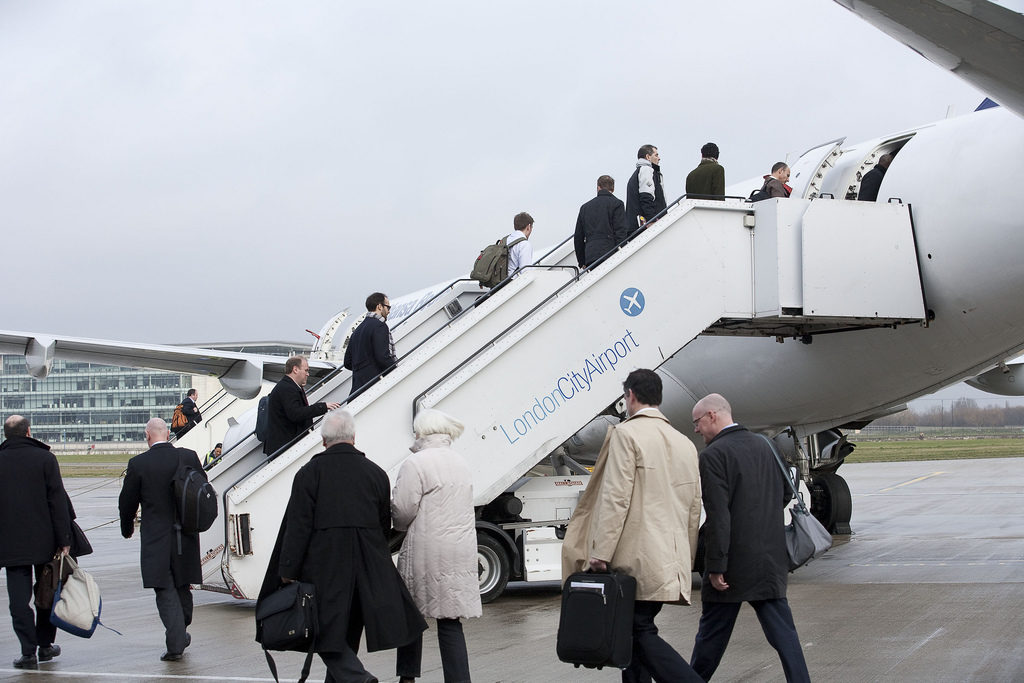Enhancing the travel experience at rail stations, airports and road networks could play a critical role in improving the mental well-being of workers and passengers, a new study commissioned by London City Airport reveals.
The London City Airport report, Building better: the role of transport infrastructure and services in improving mental health, authored by a former Treasury economist, uses data from the UK’s National Health Service to assess the prevalence and cost of mental health disorders in different English regions.
The report highlights three key areas where improvements in transport services could make a tangible difference to mental health for millions of people:
– Better journeys: reducing delays, cancellations, anti-social behavior and overcrowding, and keeping passengers well-informed when there is disruption;
– Better design: minimizing noise, increasing natural light and making it easier to navigate around stations and airports are major factors contributing to people’s mental well-being;
– Better accessibility and support: passengers with hidden disabilities, travelers with specific conditions such as Alzheimer’s, or those suffering from suicidal feelings, need tailored support that can be improved with staff training.
According to the report, the high prevalence of poor mental health is having a devastating impact on the UK economy, with some English regions losing up to £12bn (US$15.6bn) every year from lost economic output.
Robert Sinclair, chief executive of London City Airport, said, “Mental ill health is a complex issue with many contributing factors, but we commissioned this study to look at this national health problem through the lens we know best – transport. This study shows that improving and investing in the country’s transport infrastructure could play a key role in improving the well-being of millions of people traveling across England.
“A good or bad experience while traveling, and the environments encountered, can have a profound impact on stress levels, particularly if there is unpredictability, perceived lack of control, delays or cancellations, closures or overcrowding. Likewise, poorly designed stations or airports that have little natural light or poor accessibility for people with mobility issues could increase stress and anxiety,” he said.
Aviation Minister Liz Sugg said, “The government wants to ensure the well-being of everyone boarding an airplane and is committed to improving accessibility for passengers at every stage of their journey. It’s fantastic to see action being taken by industry and, through our Aviation 2050 Consultation, we will continue working to remove barriers discouraging people with hidden disabilities from traveling by air.”
Andy McDonald MP, shadow secretary of state for transport, said, “I commend this report which highlights the significant role enhanced transport infrastructure and services can play in improving mental health across the UK. As well as increased investment and better design, the transport system needs to be properly staffed to ensure that those passengers and travelers with hidden disabilities can be fully supported in making their journeys.”
To view the full report, click here.

